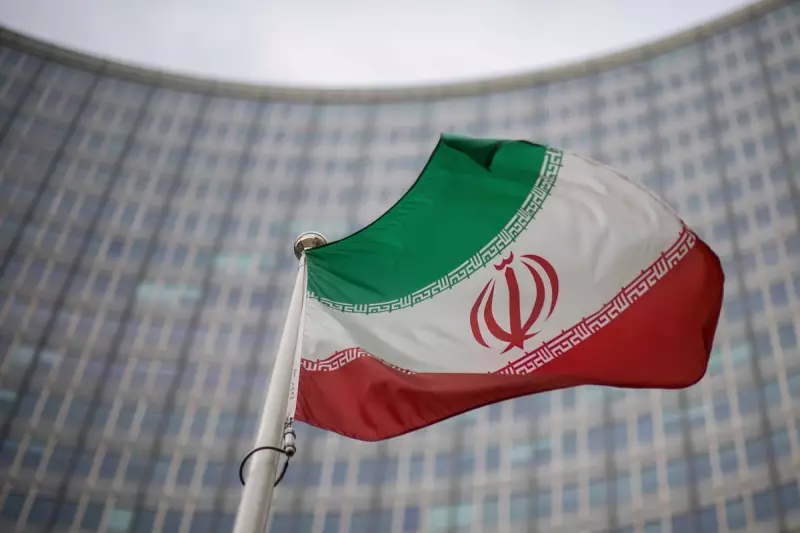
Iran has issued a firm rejection of a recent resolution from the United Nations' atomic watchdog, branding it as 'anti-Iranian' and warning of further reprisal measures. The development signals a significant escalation in the ongoing dispute over the country's nuclear activities.
Diplomatic Condemnation and Threats
Iran's foreign ministry, through state media on Friday, strongly criticised the resolution passed by the International Atomic Energy Agency's (IAEA) board of governors. Foreign ministry spokesman Esmail Baghaei was quoted by the official IRNA news agency, stating that Iran had formally communicated its position to the Vienna-based IAEA in a letter.
The core of Iran's response involves terminating an inspection agreement that was forged in Cairo during early September between IAEA Director-General Rafael Mariano Grossi and Iranian Foreign Minister Abbas Araghchi. Beyond this step, the Iranian government has threatened to take 'other actions' in retaliation, though these were not immediately specified.
The IAEA's Demands and Iran's Grievances
The confrontation was triggered on Thursday when the IAEA demanded that Iran fully cooperate with the agency. The resolution called for Tehran to provide 'precise information' concerning its stockpile of near weapons-grade uranium and to grant inspectors full access to its nuclear sites.
Iranian officials have accused the IAEA of amplifying grievances held by the United States, the United Kingdom, France, and Germany. A key complaint from Tehran is that the resolution failed to acknowledge the reason behind Iran's initial suspension of cooperation: the strikes by Israel and the U.S. against Iran’s nuclear facilities in June.
This military conflict, a 12-day air war with Israel, resulted in nearly 1,100 casualties in Iran, including military commanders and nuclear scientists. It was following this conflict that Iran suspended all cooperation with the IAEA.
A Cycle of Escalation and Sanctions
This latest IAEA resolution sets the stage for a further escalation of tensions, a pattern seen in the past when the watchdog has taken similar actions. The situation was compounded when, after the September deal to resume inspections, the UN reimposed crushing sanctions on Iran later that same month.
This was achieved through the snapback mechanism of the 2015 Iran nuclear deal, a move that drew an angry response from Tehran and directly led to it halting implementation of the Cairo agreement. The possibility of Iran responding by further enriching its uranium now looms large, adding another layer of complexity to an already volatile international standoff.





